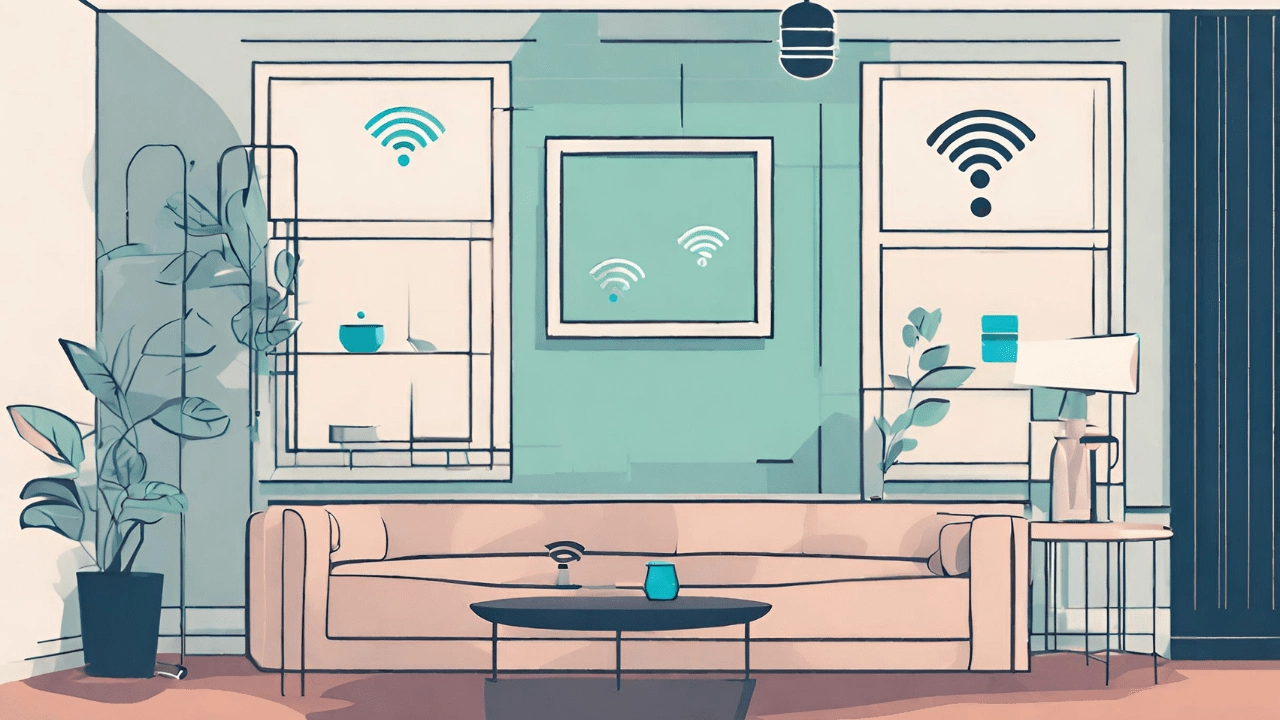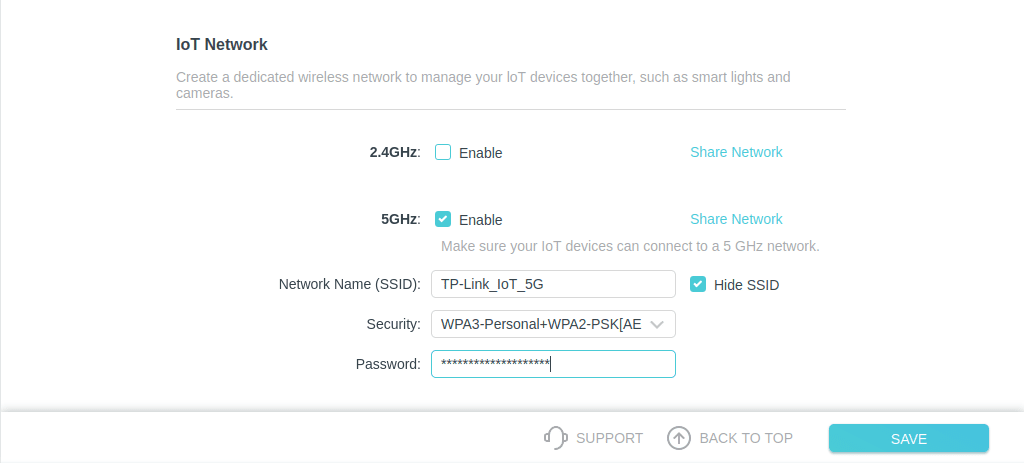Does Matter Share my Wi-Fi Credentials With the Smart Home Device?
When you add a new Matter device to your smart home setup, it requires access to your network. But does Matter share the Wi-Fi credentials with the device? If so, is this secure?

Please note: This page may contain affiliate links. Read our ethics policy
Matter-compatible smart home devices have improved compatibility and security compared with other standards. Matter could emerge as the de facto protocol for new smart home and IoT hardware.
Wi-Fi access has been important to most smart home devices, and this comes with some problems. While smart homes are moving away from an “every device online” model, with smaller, “satellite” devices communicating with each other using a different method, smart home hubs use Wi-Fi (although some use Ethernet).
So, when you add a new Matter device to your smart home setup, it requires access to your network. But does Matter share the Wi-Fi credentials with the device? If so, is this secure?
How Matter Devices Connect
One of Matter’s key strengths is that it doesn’t use a single communication protocol. You probably already know that Wi-Fi isn’t the only wireless communication method; think Bluetooth, for example.
Indeed, Bluetooth LE (the "LE" refers to "Low Energy", but it is marketed as "Bluetooth Smart") is supported by Matter, and is used for establishing initial connections with new hardware.
Then there is Thread, the networking protocol that allows Matter devices to talk to each other. The differences between Matter and Thread will help you appreciate this better.
During setup, Wi-Fi credentials are used by the Matter hub device. Every other device you connect requires connection to the hub only, relying on each device’s unique identity and certificate to establish a trusted, secure connection.
Does Matter Repeatedly or Continuously Share Credentials?
Once Matter devices are connected to your network, that is it. The Wi-Fi credentials are only shared once, during that setup process.
So, how do these pieces of smart home and Internet of Things hardware manage to stay connected the rest of the time?
Matter hardware relies on some neat tricks to establish and maintain communications, secure local connections that don’t use Wi-Fi.
Thanks mainly to Thread and Thread border routers, Matter hardware doesn’t need to repeatedly or continuously share your Wi-Fi credentials. These devices have their own network that they use for inter-Matter communication. Wi-Fi and Ethernet are only required by hubs and any other devices that require cloud connections.
Security Considerations with Matter
While Matter doesn’t continuously share your Wi-Fi network’s credentials, it’s worth knowing a bit about how secure a Matter smart home can be.
First, your Wi-Fi network’s credentials are only used during the initial hub setup. If you’re using best practice, that hub should be connected to your secondary network, rather than your main network.
Most modern Wi-Fi routers support at least two networks; it is wise to connect smart home and occasional devices to the secondary, unless a specific IoT network can be activated on your router. Isolating device types on your home network is a good practice that will help ensure a robust smart home setup.

Similarly, a strong Wi-Fi password should be employed, even for your secondary or IoT network.
Local connections over Thread are kept secure thanks to AES encryption. This is banking-level encryption, so you can be confident that devices connected to your Matter hub over Thread will remain secure. Meanwhile, setups requiring Bluetooth take advantage of that protocol’s authenticated pairing.
Cloud Thinking Matters
Smart home systems that rely on the cloud have some key weaknesses. There is a dependency on a remote server; a perceived (and at times, actual) lack of privacy; an always-on internet connection is required.
In many smart home setups, anything that can be managed from beyond your home network relies on a cloud connection. Think thermostats, window blinds, even lights. This represents a considerable number of vectors for potential attacks on your smart home gear.
Reducing exposure to cloud servers is one of the key security strengths of Matter. While some key devices (mostly hubs) require cloud connections, most Matter hardware has no reliance on the cloud.
Matter Secures Your Smart Home
The steps Matter-compatible hardware takes to ensure network connectivity, via Wi-Fi or Thread, is secure. Choosing smart home and IoT hardware comes with a small degree of security trade-off – after all, the more devices you have, the greater the opportunity for attack – but the protocol is built on robust foundations, with encrypted keys and certificates.
Matter does share credentials with smart home devices, but only once, with subsequent sharing typically prompted by updates, or occasionally user-prompted actions like resets.
Local communication using Thread adds security to Matter devices, and avoids the reliability issues that can plague Wi-Fi. Meanwhile, minimal reliance on cloud servers results in fewer devices exposed to potential cyberattacks.
We expect the security of Matter hardware will meet user demand and expectation as the technology evolves.
About the Author

Christian Cawley
Editor in Chief
Christian has been writing about technology since the mid 2000s, and has been published in numerous publications, online and in print. These include Android Magazine, Linux User & Developer, Linux Format, Tech Radar, Tom's Hardware, and Computer Active. From 2014-2024, he was a section editor and later deputy editor at MakeUseOf, before joining the Matter Alpha team. Christian enjoys old video games (mainly C64, Amiga, and MS-DOS), classic TV, and telling everyone who will listen that they should have a robot cleaner. When he's not shaping articles, Christian is a dad to three dancers, collects Lego, and is an avid home chef.